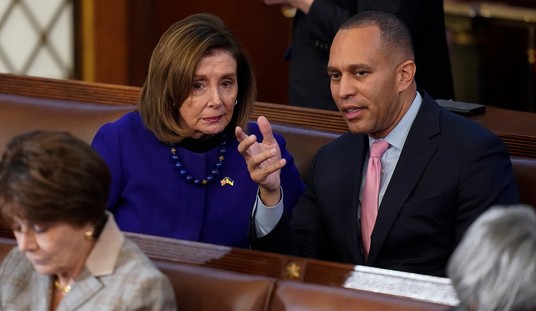With the hyper politicization of nearly every aspect of our lives, it’s no surprise that a majority of Americans say it’s taking a toll on not only the free exchange of ideas in the country but also in their own lives.
According to Cato’s 2017 Free Speech and Tolerance Survey, a national poll of 2,300 adults in the U.S. found 71 percent of Americans are concerned that political correctness has silenced debate in the country, while 58 percent said the political milieu has made them hide their own political beliefs.
There is a significant difference between the percentage of Democrats who believe they must self-censor versus Republicans who felt this way. Fifty-three percent of Americans on the left said they keep some of their political beliefs to themselves, while 73 percent of those on the right hide some of theirs. As for independents, 58 percent said they self-censor.
The topics Americans consider off-limits in social settings include:
In such an environment, less than half of Americans would be “very willing” to discuss gay and lesbian issues (45%), race relations (45%), women’s issues (48%), and foreign policy (48%).20 Only about half would be similarly willing to discuss issues related to immigration (51%), the police (51%), abortion (52%), or poverty (53%). Americans are somewhat more willing to discuss the environment (64%), health care (61%), education (60%), crime (58%), and gun issues (56%).
There are some issues Democrats feel more comfortable discussing than Republicans and vice versa. Compared to Republicans, Democrats are more likely to say they’d be very willing to discuss women’s issues (57% vs. 41%), gay and lesbian issues (52% vs. 37%), poverty (57% vs. 47%), race relations (50% vs. 40%), and the environment (69% vs. 62%). Conversely, Republicans feel relatively more comfortable than Democrats talking about crime (63% vs. 54%) and gun issues (60% vs. 52%). Across the board, however, Democrats are more willing than Republicans to discuss major policy issues. (Cato)
Recommended
The survey also found that the 2016 election results have had an impact on friendships, at least for 61 percent of Hillary Clinton supporters who believe it’s “hard” to be friends with someone who voted for President Trump. Supporters of the president, however, do not feel as strongly, as only 34 percent of Trump voters felt the same way toward Clinton supporters. Sixty-four percent of Trump voters said they did not believe it was difficult to be friends with Clinton voters.

























Join the conversation as a VIP Member